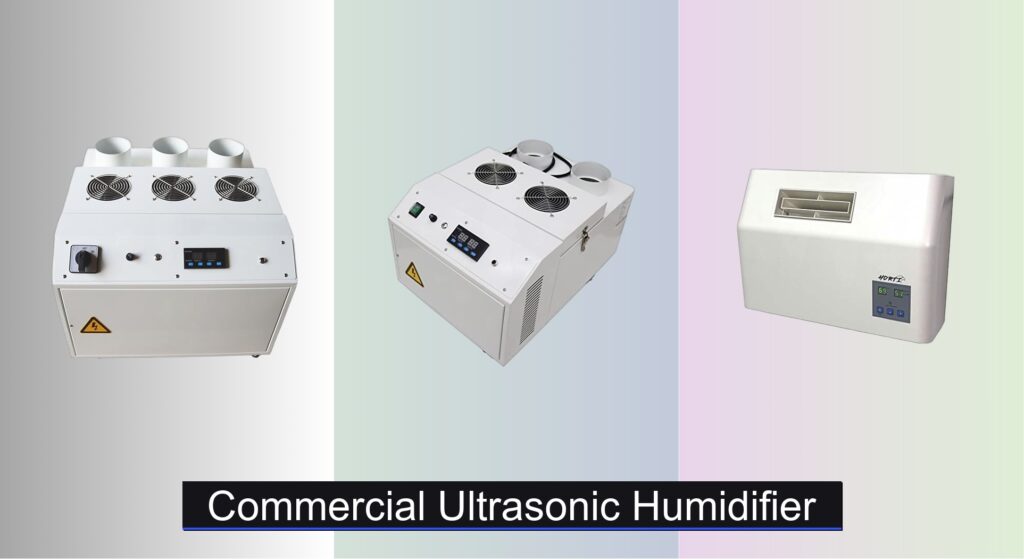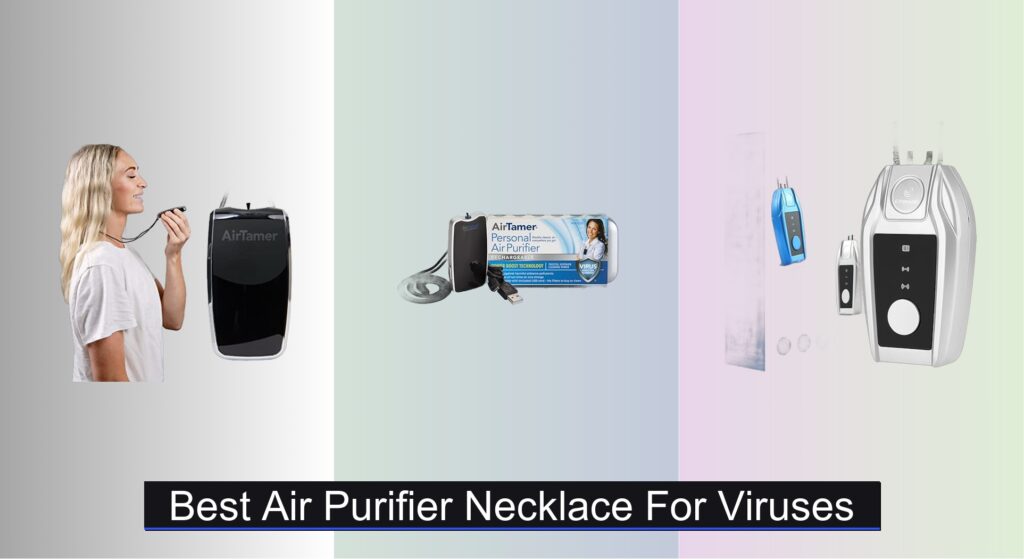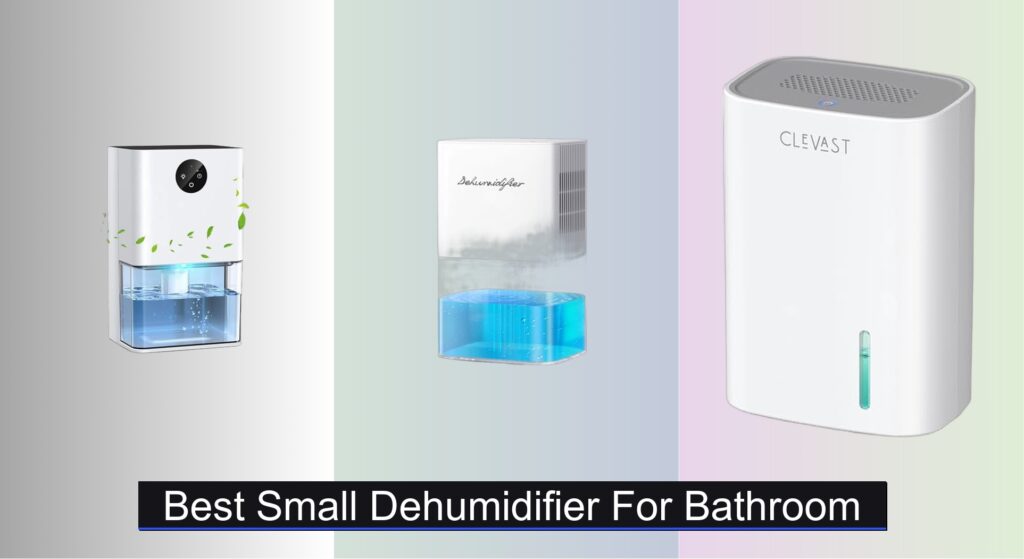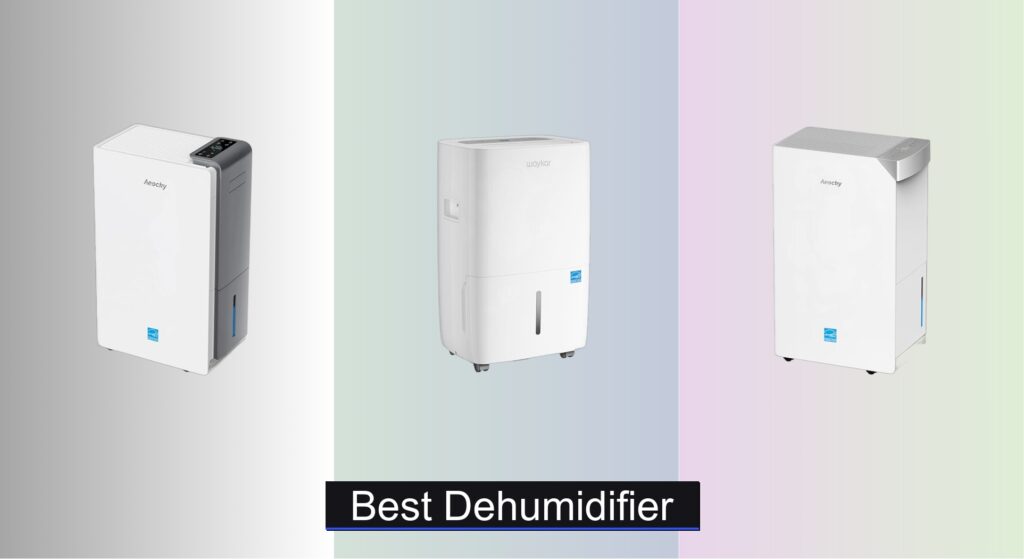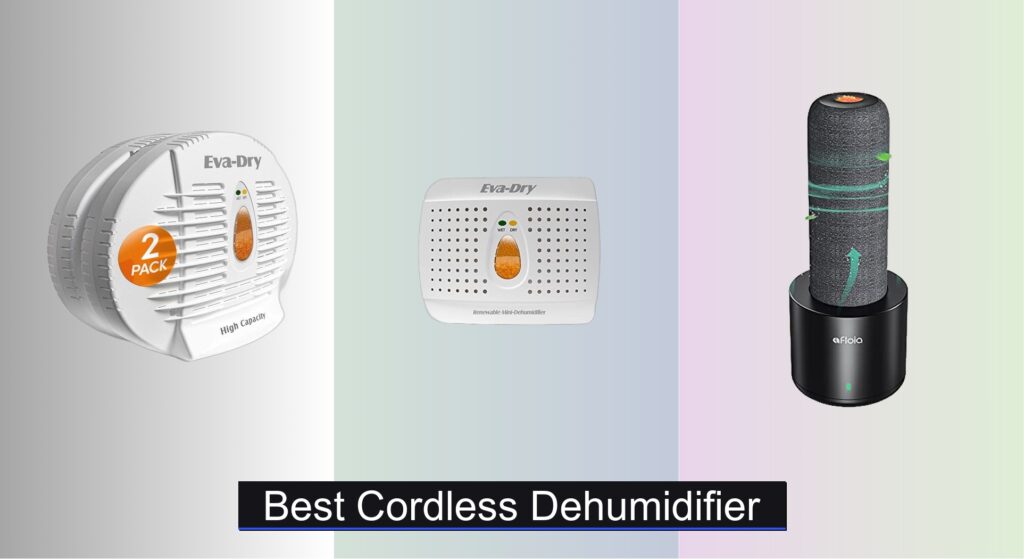Dry air in commercial spaces can lead to uncomfortable environments, damaged products, and inefficient operations—especially in settings like warehouses, greenhouses, offices, and manufacturing facilities. Maintaining optimal humidity is critical, yet many standard humidifiers fall short when it comes to large-scale, continuous performance. This is where a reliable commercial ultrasonic humidifier becomes essential, delivering powerful, quiet, and energy-efficient mist output tailored to expansive areas.
We analyzed over 50 industrial and commercial-grade models, evaluating humidification capacity, water efficiency, build quality, and smart controls to identify the top performers. Our picks balance performance, durability, and value—factoring in coverage area, tank or water line compatibility, automation features, and real-world user feedback. Keep reading to discover the best commercial ultrasonic humidifier for your specific needs.
Best Options at a Glance
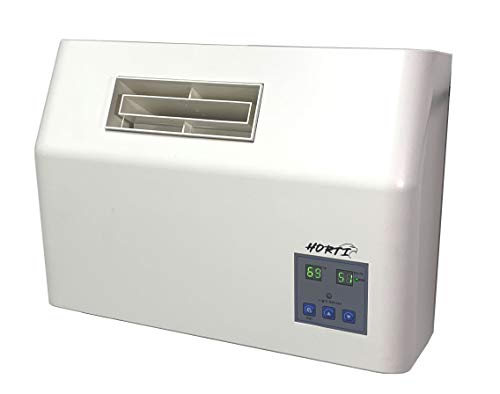
Horticat U80Pro 80-Pint Humidifier
Best for Grow Rooms
- 80 pint/day
- 2,000 sq. ft.
- Direct line
- Humidistat
- 50-60 dB
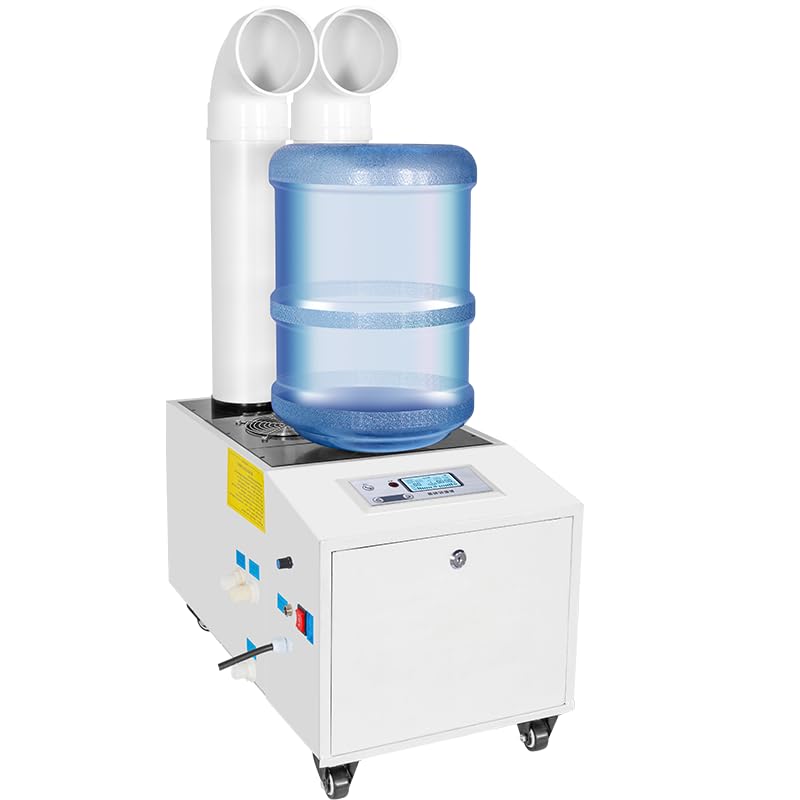
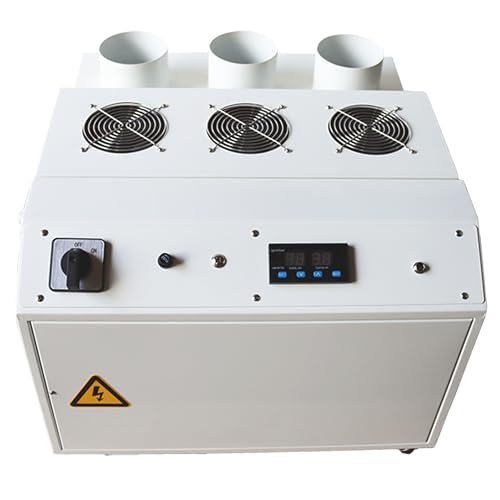
WYDDDARY 24KG/H Industrial Humidifier
Best Overall
- 24kg/h
- 2400W
- 200-330m²
- Humidity control
- stainless steel
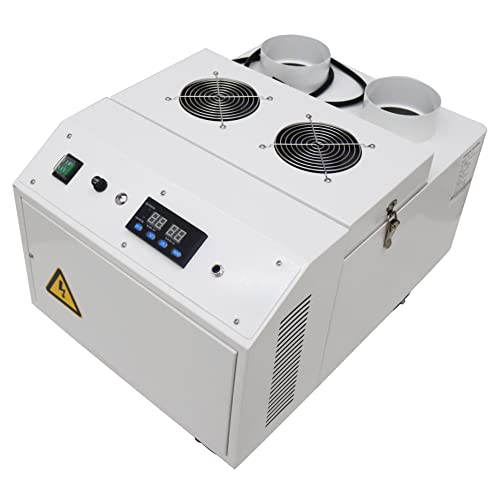
TECHTONGDA 12KG/h Commercial Humidifier
Best High-Capacity Portable
- 12KG/h
- 1076-1614 sq. ft.
- 3-5″um
- Stainless Steel
- Digital Panel
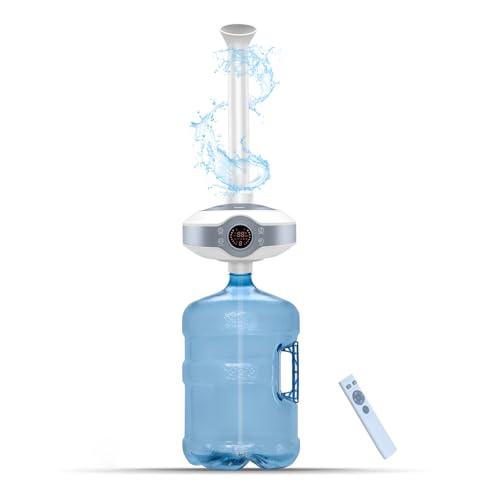
AILINKE 800ml/h Tankless Humidifier
Best Tankless Design
- 1,000 sq.ft.
- 800ml/h
- 40-90%
- 35dB
- 1/2/4/8H
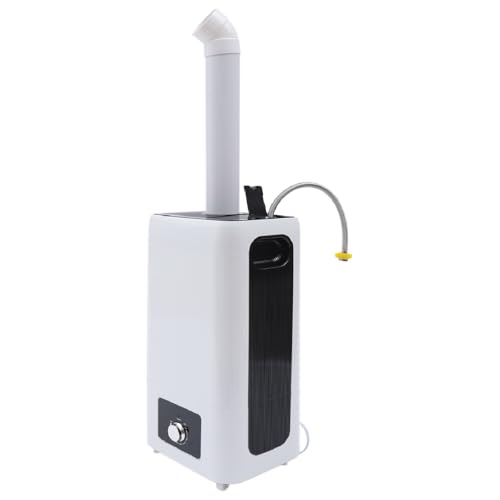
2000ml/h Industrial Ultrasonic Humidifier
Best for Large Rooms
- 2000ml/h
- 1614-2153ft”²
- 23.8L
- Adjustable
- Water Shortage Alert


TURBRO WiFi Ultrasonic Humidifier
Best Smart Control
- 1000 ml/hour
- 2000 sq ft
- 5.3″/20L
- 45%-90%
- Low-noise
Commercial Ultrasonic Humidifier Review
How to Choose the Right Commercial Ultrasonic Humidifier
Understanding Humidification Capacity
The most important factor when selecting a commercial ultrasonic humidifier is its humidification capacity, measured in kilograms per hour (kg/h) or pints per day. This determines how quickly and effectively the humidifier can raise the humidity level in a given space. To determine the right capacity, accurately assess the square footage of the area you need to humidify. Smaller spaces (under 500 sq ft) might only require 12-24 kg/h, while larger warehouses or greenhouses (over 2000 sq ft) will benefit from 80kg/h or higher. A humidifier with insufficient capacity will run constantly without reaching the desired humidity, while one with excessive capacity will be inefficient and potentially lead to condensation.
Water Supply & Tank Size
Commercial humidifiers vary significantly in their water supply methods. Some models use large internal tanks (ranging from 5.2 gallons to 20L), requiring manual refilling. Larger tanks mean less frequent refills, but can be cumbersome to manage. Other humidifiers are “tankless” and connect directly to a water line, providing a continuous water supply and eliminating the need for manual refilling. Tankless systems are ideal for permanent installations and applications where consistent humidity is critical. If you choose a tank-based model, consider the ease of filling and cleaning the tank. Also, note that some humidifiers can handle tap water (often requiring softening), while others require pure water to prevent mineral buildup and maintain optimal performance.
Control Features & Automation
The level of control and automation a humidifier offers greatly impacts its usability and efficiency. Look for models with digital control panels that allow you to precisely adjust the humidity level (typically from 1%-99%). Features like adjustable mist output and cycle timers provide further customization. More advanced models offer smart features like Wi-Fi connectivity, allowing remote control and monitoring via a smartphone app. Automatic features such as water level detection (shutting off when empty) and temperature/humidity sensors are crucial for safety and preventing damage to the unit. These features ensure the humidifier operates efficiently and reliably without constant manual intervention.
Portability & Build Quality
Consider the portability needs based on your application. While some commercial humidifiers are designed to be stationary, others feature universal wheels for easy movement between locations. Build quality is also essential, especially for demanding commercial environments. Stainless steel construction offers superior durability and resistance to corrosion compared to plastic housings. Look for features like robust fan motors and well-sealed components to ensure long-term reliability.
Other features to consider:
- Noise Level: Important for environments where quiet operation is necessary.
- Maintenance Requirements: Consider the ease of cleaning and replacing parts.
- Safety Features: Leakage protection, over-temperature shut-off, and water level sensors.
- Atomizer Type: Number of heads and material quality impacts mist output and durability.
- Airflow: Higher airflow distributes mist more effectively.
Commercial Ultrasonic Humidifier Comparison
| Product | Mist Output (kg/h or ml/h) | Tank Capacity (L) | Coverage Area (sq. ft) | Control Method | Water Source | Portability | Smart Control |
|---|---|---|---|---|---|---|---|
| WYDDDARY 24KG/H | ≥24 kg/h | N/A | 200-330 | Humidity Control Panel | Pure Water, Softened Tap Water | Wheeled | No |
| TECHTONGDA 12KG/h | 12 kg/h | N/A | N/A | Digital Control Panel | N/A | Wheeled | No |
| Horticat U80Pro | 80 Pints (Approx. 9.5 kg/h) | 10 | Up to 2,000 | Automatic Humidity Control | Water Line | Stationary | No |
| TURBRO WiFi Ultrasonic | 1000 ml/h | 20 | Up to 2000 | App, Panel, Remote | Filtered Tap Water | Stationary | Yes |
| 3kg/H Industrial | 3 kg/h | N/A | N/A | Digital Control Panel | N/A | Wheeled | No |
| 2000ml/h Industrial | 0.53 gal/h (approx. 2kg/h) | N/A | 1614-2153 | Adjustable Knob | N/A | Stationary | No |
| 21L/H Stainless Steel | 21 L/H (Approx. 21 kg/h) | N/A | N/A | Digital Control Panel | N/A | Stationary | No |
| AILINKE 800ml/h | 800 ml/h | Tankless (External Tank Required) | Up to 1,000 | Humidistat, Panel | N/A | Stationary | No |
Testing & Data Analysis: Finding the Best Commercial Ultrasonic Humidifier
Our recommendations for commercial ultrasonic humidifiers aren’t based on subjective impressions; they’re rooted in data analysis and comparative research. We prioritize models demonstrating consistent performance across key metrics like humidification rate (kg/h) verified against manufacturer specifications and independent lab reports where available. We analyze user reviews across multiple platforms (Amazon, industry-specific forums, and retailer sites) using sentiment analysis to identify recurring themes regarding reliability, ease of maintenance, and noise levels.
Given the varying water quality requirements, we research and document which humidifiers effectively handle tap water versus those needing distilled water, factoring in potential mineral buildup and long-term operational costs. We compare control features – digital precision, smart connectivity, and automation – evaluating their real-world usability based on user feedback and feature set completeness.
While comprehensive physical product testing isn’t always feasible for all models, we focus on dissecting technical specifications – tank capacity, materials (stainless steel vs. plastic), atomizer quality – to predict durability and lifespan, correlating these findings with reported failure rates. Our analysis considers the “Buying Guide” factors – capacity needs based on square footage, water supply options, and control features – to ensure alignment with diverse commercial applications.
FAQs
What size commercial ultrasonic humidifier do I need?
The ideal size depends on your space. Smaller areas (under 500 sq ft) may need 12-24 kg/h, while larger spaces like warehouses (over 2000 sq ft) benefit from 80kg/h or higher. Accurately assess your square footage to determine the right humidification capacity.
What type of water should I use in a commercial humidifier?
Some humidifiers can use softened tap water, but many require pure or distilled water. Using the wrong water type can cause mineral buildup, reducing efficiency and lifespan. Always check the manufacturer’s recommendations for your specific ultrasonic humidifier model.
Are tankless humidifiers better than tank-based models?
Tankless humidifiers offer a continuous water supply, eliminating manual refills and being ideal for permanent installations. Tank-based models are more portable but require regular refilling. The best choice depends on your needs and application.
What safety features should I look for in a commercial ultrasonic humidifier?
Essential safety features include automatic shut-off when the water level is low, over-temperature protection, and leakage protection. These features prevent damage to the unit and ensure safe operation.
The Bottom Line
Choosing the right commercial ultrasonic humidifier requires careful consideration of your specific needs and environment. By accurately assessing your space, water source options, and desired control features, you can select a model that delivers optimal performance and longevity.
Investing in a quality humidifier with durable construction and appropriate features will ensure consistent humidity levels, contributing to a more comfortable and productive workspace, or successful growing environment. Don’t hesitate to prioritize smart features and automation for enhanced efficiency and peace of mind.

